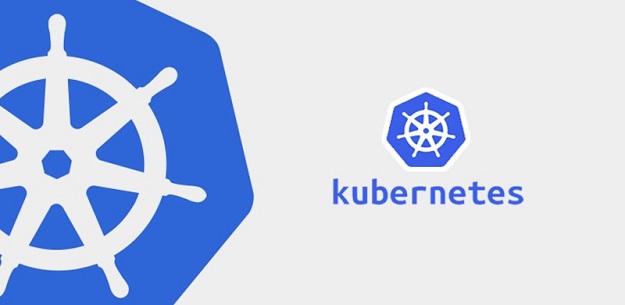Kubernetes Certification Training
 Online Course
Online CoursePrice$599

Overview
Pinnacledu’s Kubernetes Certification Training introduces the advantages provided by containers over the virtual machines. With the rise of containerization in the world of Devops, the need of a platform to effectively orchestrate these containers also grew. Kubernetes, a platform built by Google, steps into this space to help in automating the process of deployment, scaling and managing the containerized applications across the clusters.
Section 1Introduction to Kubernetes
Lecture 1 Docker Essentials
Lecture 2What is YAML ?
Lecture 3Basics of YAML
Lecture 4YAML Structure
Lecture 5 Syntax of YAML
Lecture 6 What is Virtualization?
Lecture 7What is Containerization?
Lecture 8Virtualization vs Containerization
Lecture 9 Introduction to Kubernetes
Lecture 10 Myth busters of Kubernetes – What Kubernetes is not?
Section 2Kubernetes Architecture
Lecture 11 Introduction to Kubernetes Master
Lecture 12 kube-apiserver
Lecture 13 etcd key-value store
Lecture 14 kube-scheduler
Lecture 15 kube-controller-manager
Lecture 16 cloud-controller-manager
Lecture 17Components of Cloud Controller Manager – Node Controller, Volume Controller, Route Controller, Service Controller
Lecture 18 Introduction to Node Components of Kubernetes
Lecture 19Docker
Lecture 20kubelet
Lecture 21 kube-proxy
Lecture 22 kubectl
Lecture 23Add-ons in Kubernetes: Cluster DNS, Kubernetes Dashboard, Container Resource Monitoring, Cluster level logging
Section 3Deploy an app to Kubernetes Cluster
Lecture 24 Introduction to Pods
Lecture 25Why do we need a Pod?
Lecture 26Pod Lifecycle
Lecture 27 Working with Pods to manage multiple containers
Lecture 28 Pod Preset
Lecture 29What is a Node?
Lecture 30kubectl basic commands
Lecture 31Containerized app deployment on local kubernetes cluster
Lecture 32 GCP (Ephemeral) volumes
Section 4 Expose App, Scale App And Update App in Kubernetes
Lecture 33What is a Service?
Lecture 34 Labels and Selectors
Lecture 35 Deployment Controller
Lecture 36 Replica Set
Lecture 37Replication Controller
Lecture 38Scaling out a deployment using replicas
Lecture 39Horizontal pod autoscaler
Lecture 40 Load balancing
Lecture 41 Rolling Update
Lecture 42 Ingress and its types
Section 5Managing State with Deployments
Lecture 43Stateful set
Lecture 44Pod management policies: OrderedReady, Parallel
Lecture 45Update strategies: OnDelete, Rolling Update
Lecture 46Headless services
Lecture 47Persistent Volumes
Section 6Federations, Auditing and Debugging Kubernetes, Security Best Practices
Lecture 48 Federated clusters
Lecture 49Debugging by looking at events such as: Pending Pods, Unreachable nodes
Lecture 50Auditing and accessing logs in Kubernetes – Log collectors and audit policy
Lecture 51Security best practices in Kubernetes

